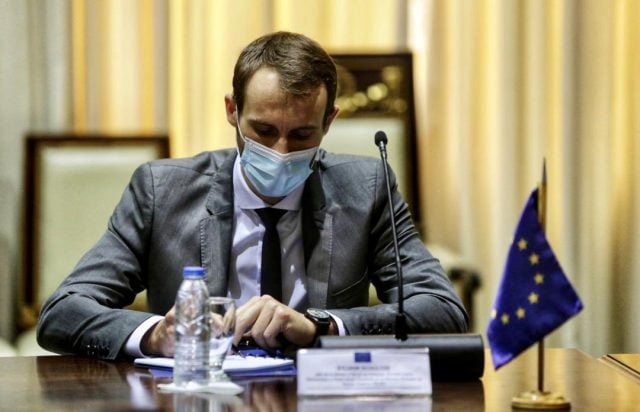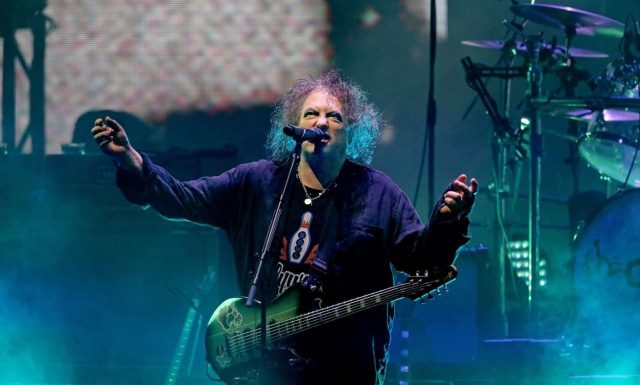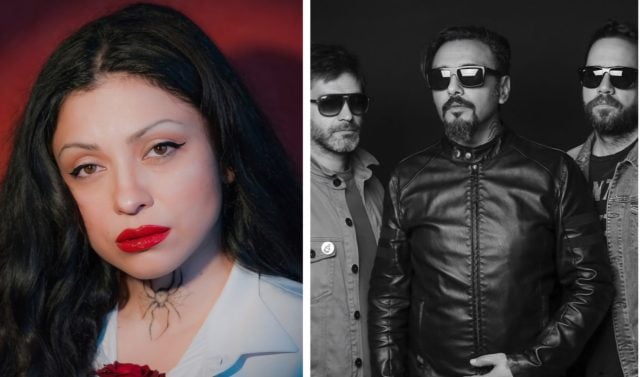A month after the arrival of the technical commission of the European Union (EU) in Venezuela, expectations are growing regarding the evaluation that they carried out and that will determine their eventual observation in the regional and local elections on November 21, known as the ‘ mega-elections’.
Until now, European experts have been discreet and have not issued public statements to clarify the outlook on how the report, to be delivered to the EU’s high representative for foreign policy, Josep Borrell, is progressing.
The team arrived on July 8 in the middle of a strong police operation against criminal gangs in the southwest of Caracas. According to the Government, there would be a link between the criminals and the radical right-wing group linked to the Venezuelan fugitive Leopoldo López, for which some arrests were made, describes a report from RT.
In fact, the only thing that has transpired to the media, from the European side, have been some statements by Borrell to El País. Borrell assured that he was «very concerned» that – during the experts’ stay in Caracas – «there were arrests of opposition political leaders, whom the Government accuses of very serious charges”.
On this, the chancellor of the European bloc stressed that the specialists have taken note of what happened and announced that the incidents will be incorporated into the report that he will have to analyze «technically» to make a decision.
Meanwhile – on the Venezuelan side – the main rector and vice president of the National Electoral Council (CNE), Enrique Márquez, said, in an interview with Unión Radio, that he feels «optimistic» about the eventual observation mission from the EU and stressed that it would help «to set the table» for the elections that define more than 3,000 public positions, between governors, mayors, deputies to state legislative councils and municipal councilors.
With whom did they talk to in Venezuela?
The visit of this exploratory mission, made up of three officials and four electoral experts, responds to the invitation (made in May) by the Venezuelan Electoral Power to the EU and the United Nations Organization (UN), to be observers of the elections.
Their trip to Caracas took place after Borrell held a meeting with the Venezuelan Foreign Minister, Jorge Arreaza, in Antalya, Turkey, in mid-June, where they discussed bilateral relations, the political situation, the dialogue process and the access to the vaccines against covid-19, supplies that are blocked by the sanctions regime against Venezuela.
When Borrell announced that the group would travel to Caracas, he said they would have the mission to verify, «without restrictions or limitations», the possibility of sending an electoral observation mission that will depend on a variety of «political» and «security» conditions.
The same day of his arrival, the EU technicians met with Arreaza and, later, with the directors of the Electoral Power, including the president, Pedro Calzadilla; the vice president, Enrique Márquez; and the rectors Roberto Picón, Alexis Corredor and Tania D’Amelio. All these Venezuelan authorities explained everything related to the voting process.
The following day, they spoke with a group of opponents from the most radical wing sector, a part of them linked to ex-deputy Juan Guaidó, represented by Freddy Guevara and Delsa Solórzano; and another sector ally to the two-time former presidential candidate Henrique Capriles, led by Carlos Ocariz.
That same day, they spoke with representatives of the Legislative Power and were received by the president of the Venezuelan Parliament, Jorge Rodríguez, who described the meeting as «cordial and fruitful» and that a «recount of the broad electoral guarantees» was made.
Second week of work in Venezuela
The following week, on July 13, the Europeans met with Guaidó who – without giving further details of the meeting – told the media that the visitors had «witnessed the persecution» against the opposition, since the meeting took place precisely while the Government offered details of the capture of Freddy Guevara for his alleged links with criminal gangs operating in the southeast of Caracas.
A day before, the Venezuelan Prosecutor’s Office had reported that Guevara was linked to «extremist and paramilitary groups associated with the Colombian government», for which his arrest was requested, accused of alleged crimes of «terrorism, attack against the constitutional order, conspiracy to commit a crime and treason”.
Guevara – who was a fugitive from Venezuelan justice for encouraging acts of violence and who remained in an asylum condition for three years at the Chilean embassy in Caracas – had received a pardon signed by President Nicolás Maduro in 2020, as part of the dialogue process in search of a political stability for Venezuela.
The EU meetings continued on July 14. That day, they held talks with the Minister of Defense, Vladimir Padrino López and with the president of the Supreme Court of Justice (TSJ), Maikel Moreno.
Padrino López highlighted the meeting as «enjoyable» and expressed to the specialists the «democratic vocation and the fundamental role» that the Venezuelan Armed Forces will play «as a guarantor of peace».
For his part, Moreno recalled that the Judicial Power is autonomous and has the mission of serving – by constitutional mandate – as the «supreme instance» that can resolve «any controversy that arises from electoral acts, whether municipal, regional and / or national».
What is known about the experts and what does their final decision depend on?
When the European mission arrived in Venezuela, it was announced that its visit would last until July 23. In information from the Venezuelan Foreign Ministry, it is detailed that «for almost three weeks», the exploratory mission held conversations «with different authorities of the Public Powers and political actors in the country».
The last meeting of the Europeans was reviewed by the National Electoral Council (CNE) and the Foreign Ministry, on July 20, in a meeting in which representatives of both powers of the Venezuelan State participated.
Through photographs published by both institutions, names of at least four of the experts of the European mission were revealed: Geert Anckaert, Chargé d’affaires of the EU; Olaya Álvarez, representative of the EU; Tania Magalhaes, expert for the diplomatic mission and Alexander Gray, also expert for the diplomatic mission.
After that meeting, the main rector of the CNE Roberto Picón told Unión Radio, on July 22, that the Europeans held meetings with the entire structure of the Electoral Power and reported that the EU mission was preparing «a memorandum of understanding» of what «the mission» that would be in Venezuela in mid-October would be like, if the decision to send its observation mission for the electoral process was made.
“They are going to return to Europe and there, the contacts will continue, both political and technical. I hope there will be a decision at the end of August», said Picón, who added that the EU’s endorsement would certify that «conditions can be given in Venezuela according to an international democratic standard».
«Hopefully it is possible, it does not depend only on the CNE, it depends on the actions of the political actors who participate and it also depends on the State to facilitate the action of the European Union in Venezuela», he added.
Bilateral relations
The team of ‘explorers’ also carry the future of bilateral relations. Their report will be decisive in reducing or increasing tensions between Caracas and Brussels, after a period of friction marked by sanctions, measures that Europe – in agreement with the US and Canada – has said it would be willing to review.
Bilateral relations had been broken since last February, when the EU sanctioned Venezuelan officials for considering that they had participated in «acts and decisions» that undermined democracy, during the 2020 parliamentary elections. Then, Caracas expelled the EU representative, Isabel Brilhante, and declared her persona ‘non grata’. The Europeans did the same with the Venezuelan diplomatic representative, Claudia Salerno.
The murky past dates back to 2017, when the 27 countries of the EU imposed sanctions – still in force – against the country, amid protests carried out by the opposition that year. Furthermore, after the 2018 presidential elections, the EU questioned the legitimacy of Venezuelan institutions, including the Executive and Electoral Powers.
Then, in 2019, when Guaidó proclaimed himself as «interim president», the European bloc decided to recognize him and Caracas reacted by calling the group of countries «interfering» and «insolent».
However, at the beginning of this year, the EU stopped calling Guaidó «interim president» and demoted him to the role of «important actor» and «privileged interlocutor» of the «dialogue and transition» for Venezuela.
This change of tone occurred after the inauguration of the new Venezuelan parliament and the rise to power in the United States of Joe Biden. In Caracas, the new Legislative Power encouraged a broad debate, with the different political sectors, which opted for the renewal of the Electoral Power.
Under this scenario, the EU softened its position with Caracas and bet on having «eyes on the ground», as Borrell has said, who now regrets not having sent observers to the 2020 parliamentary elections.












